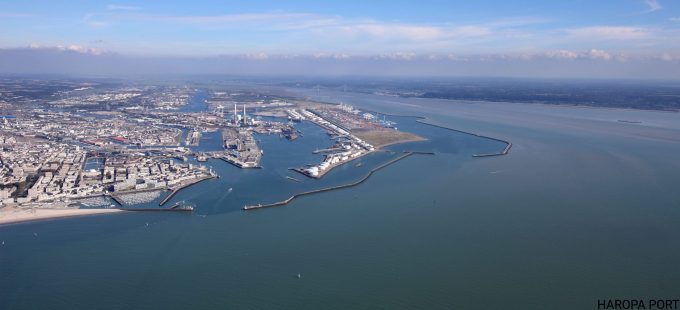Hutchison megadeal reveals dark side of container shipping
What money cannot buy

A €125m ($134m) project by Haropa Port – a public agency grouping the ports of Le Havre, Rouen and Paris to promote river transport for cargo – has met stiff opposition from the fisheries lobby and environmental protection groups.
They have taken legal action against a ...

Comment on this article